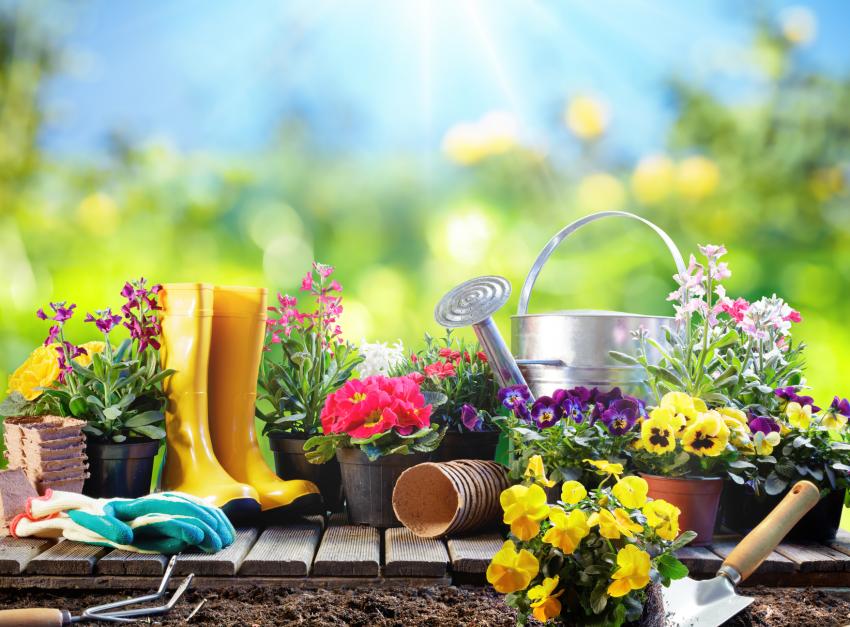
- Ali
Greening up the garden
May and June are some of my favourite months in the garden. The garden is in full force with new plants emerging everyday. It’s also when gardeners make their annual pilgrimage to The Chelsea Flower Show in London. I missed going in person this year as it clashed with too many family commitments and the dreaded GCSE revision but I managed to catch most of it on the fabulous BBC reporting. It is such an inspiring event with some of the world’s top designers putting their hearts on the line and presenting some very personal work. This year saw a much reduced number of show gardens and the 5 BBC senses gardens instead. I thought these were particularly beautiful and reminded us all that gardens are not one dimensional but give pleasure to the senses year round.
If the media hype is to be believed we are all getting back into ‘the good life’ and looking to renew simple skills and pleasures and re-engage with the earth - and not a minute too soon if you ask me.
Many of the top designers at Chelsea spoke about people enjoying the simple pleasures of gardening from the humble window box to a single potted herb on a window sill. No matter how big or small your plot you should still think green and work towards a more sustainable garden. Here’s a few of my top tips on greening up your garden with jobs to undertake in June.
Start Composting
Start composting or combine composting garden waste with a Wormery where you can compost all your kitchen scraps. I think this is a better way to reduce kitchen waste and the enclosed nature of a Wormery deters rats and other vermin. We put a Wormery on our wedding present list and were delighted that guests saw the fun of it and brought it for us. It came with a supply for live worms which a neighbor took in for me as I wasn’t home. Turns out they had a bit of a worm phobia so it was a very generous gesture on their part! I’ve never had to replace the worms and it thrives to this day!
Get Shredding
Get a shredder - reduce any pruning into useful chippings that you can add to compost. Add any shredded paper to your compost too as it will biodegrade and help absorb excess moisture from grass clippings etc.
Introduce wildlife
Introduce some bug boxes to attract beneficial insects. One of the biggest impacts you can have on the garden is to introduce homes for bugs to live. A pile of old logs allowed to rot at the back of a border, twigs pushed into hedges to enable lace wings to settled and bug boxes will all make difference.
Feed the birds
Feed the birds, although this incurs a cost the benefits in terms of activity in the garden and reduction in insect infestation are well worth it. And at this time of year it’s wonderful to watch the young fledglings being fed by their parents as they take to the wing. Our birdfeeder is inundated with starlings, blackbirds and finches at the moment with the Bluetits and Robins yet to emerge from their nests but their busy parents collecting worms and seeds like mad.
Control Pests naturally
Control pests naturally by buying ladybird and lacewing larvae or other biological controls. These can be released into the garden or greenhouse to eat pests meaning you can do away with chemical sprays.
Water water everywhere
Get a water butt, or more importantly get a few. Where ever you have a down pipe you can harvest water. There are a huge selction of water butts to choose from. And if you want to transport that water around the garden get a special water butt pump from the organic garden catalogue. Even kids will want to get involved if you buy this foot powered water pump!
Save energy
Use solar energy to power a water feature or garden lighting. It’s amazing how much money you’ll save. I love to see a tree or architectural border lit up at night. It brings a completely new dimension into the home.
Go for Green Paint
If you’re painting any garden fencing, furniture or structures turn to green paint. Little Greene Paint Company has a new range of garden paints specifically for wood and metal which won’t harm the environment. Responding to the growing demand for eco-friendly oil-based paints, Little Greene has turned to nature to dramatically reduce VOCs and make its oil-based paints virtually odourless.
What garden project do you have on the go at the moment? I’d love to hear about your gardening adventures so get in touch.








